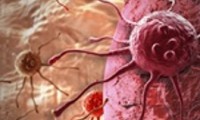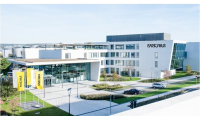-
Drugmakers take sides in Amgen, Regeneron fight over antibody patents
- Source: drugdu
- 171
- April 25, 2023
-
Pre- and post-surgical immunotherapy-based treatment significantly improved lung cancer outcomes
- Source: drugdu
- 124
- April 18, 2023
-
In $2.6B cell and gene therapy expansion, Sartorius buys viral vector specialist Polyplus
- Source: drugdu
- 272
- April 4, 2023
-
NICE questions value and efficacy of five Covid-19 drugs with rejection
- Source: drugdu
- 151
- March 17, 2023
-
What Mutations of SARS-CoV-2 are Causing Concern?
- Source: https://www.news-medical.net/health/What-Mutations-of-SARS-CoV-2-are-Causing-Concern.aspx
- 461
- April 5, 2022
-
China’s Import and Export Market Report of Diabetes Drugs
- Source: Ddu
- 49,927
- August 25, 2021
-
Positive topline results for nirsevimab in RSV
- Source: drugdu
- 113
- April 26, 2021
-
Four medicines accepted for use by NHS Scotland
- Source: drugdu
- 224
- April 14, 2021
-
AZ’s vaccine safety review shows ‘no evidence’ of an increased risk of blood clots
- Source: drugdu
- 331
- March 16, 2021
-
Calquence tops Imbruvica in chronic lymphocytic leukaemia study
- Source: drugdu
- 246
- January 26, 2021
your submission has already been received.
OK
Subscribe
Please enter a valid Email address!
Submit
The most relevant industry news & insight will be sent to you every two weeks.













